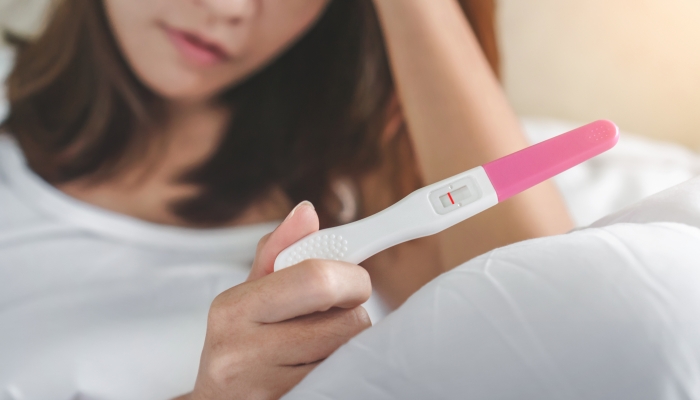Pregnancy tests are reliable tools designed to detect the presence of the human chorionic gonadotropin (hCG) hormone, a key indicator of pregnancy. However, there are instances where these tests may yield unexpected results, including false negatives. One particularly fascinating area of study suggests a potential connection between can twins cause false negative pregnancy test.
Understanding Pregnancy Tests:
Before delving into the possible influence of twins on pregnancy test results, it’s essential to grasp the mechanics of these tests. Most over-the-counter pregnancy tests work by detecting hCG levels in a woman’s urine. hCG is a hormone the developing placenta produces after a fertilized egg attaches to the uterine lining.
False Negative Pregnancy Tests:
A false negative occurs when a pregnancy test indicates that a woman is not pregnant when, in fact, she is. Several factors can contribute to false negatives, such as taking the test too early, using diluted urine, or issues with the test itself. However, recent studies have explored whether the presence of multiple embryos, as seen in twin pregnancies, can also influence the accuracy of pregnancy tests.
The hCG Dilemma:
In a singleton pregnancy, the hCG levels typically rise at a predictable rate, allowing most pregnancy tests to detect the hormone within a specific timeframe accurately. However, in twin pregnancies, the dynamics change. With two embryos developing simultaneously, the hCG levels can be elevated, but the rate of increase may not follow the conventional pattern observed in singleton pregnancies.
Research Findings:
Several studies have examined the relationship between twin pregnancies and false negative pregnancy tests. One notable study published in the Journal of Clinical Endocrinology and Metabolism found that women carrying twins experienced a slower rise in hCG levels during the early stages than those with singleton pregnancies.
The study involved analyzing hCG levels in both singleton and twin pregnancies at various intervals after conception. The results indicated that women carrying twins often had lower hCG concentrations during the early weeks, leading to delayed detection by standard pregnancy tests.
The Mechanism at Play:
The unclear biological mechanism suggests that two embryos in twin pregnancies may slow hCG rise due to shared resources.
Implications for Pregnancy Testing:
Not all twin pregnancies result in false negatives; the hCG-accuracy link varies. Advancements in pregnancy test technology further enhance accuracy rates.
Practical Considerations:
Women suspecting a twin pregnancy should consult a healthcare professional for alternative pregnancy confirmation methods. Blood tests, offering more precise hCG level measurements than urine tests, are often suggested for early detection in uncertain cases. Seeking medical guidance guarantees accurate results and suitable prenatal care for the distinctive circumstances of a twin pregnancy.
Conclusion:
Twin pregnancies may complicate test accuracy. Studies hint at a link with false negatives, stressing the need for a nuanced approach. Advancements promise better testing for all mothers, single or twins.
You may also like
-
Effortless Pigmentation Mark Removal: Exploring the Benefits of Yellow Laser Treatment
-
Pelvic Mesh Implants: What You Should Know About Potential Side Effects
-
How to Recover From a Foot Injury
-
Finding Balance: 7 Stores Offering the Best Traditional Chinese Medicine for Stress Relief
-
Sildisoft 100 and Valentine’s: Crafting Moments of Love

